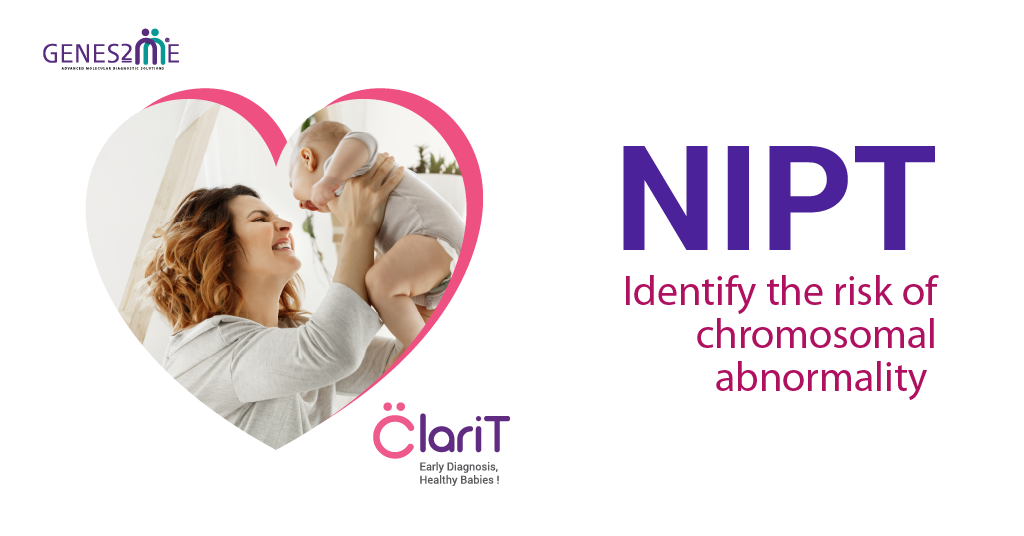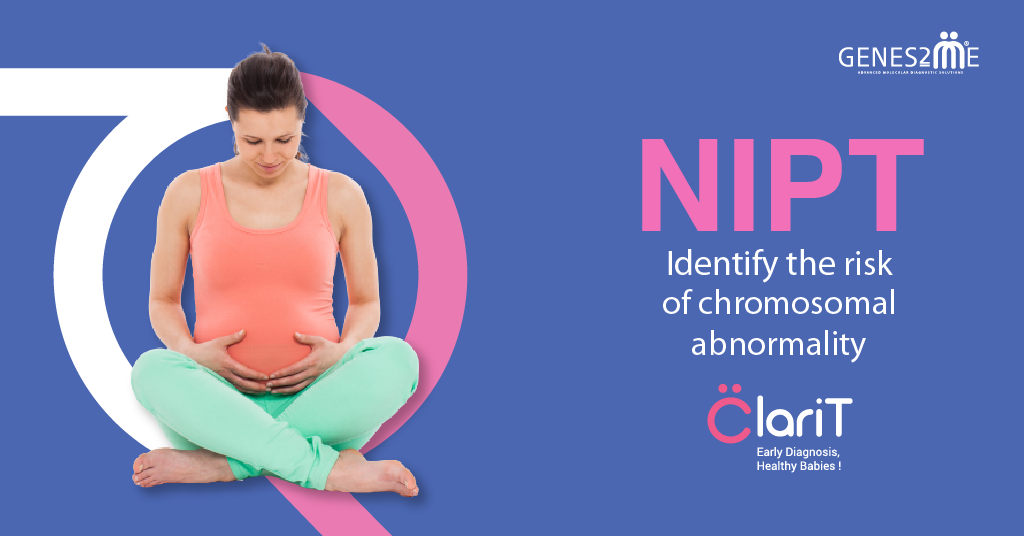Noninvasive Prenatal Testing – Get Information about Your Baby’s Health

Noninvasive prenatal testing (screening) in India can provide important clues about your developing baby’s health. When expectant parents take the test, they can make informed healthcare decisions for their child, both in utero and after birth.
But NIPT test results are tricky to decipher all by you. There are some elements that the test will reveal and some things that the test won’t.
Here’s how the test work and what results does it mean for you.
Eligibility for Noninvasive Testing
NIPT test in Delhi is offered to expectant mothers after ten weeks gestation during their pregnancy. Most often, the doctors usually recommend a NIPT test if you are at higher risk of carrying a child with a chromosomal abnormality.
Some of the Risk factors include:
- Being age 35 or older.
- A prior pregnancy with a history of the chromosomal condition.
- Getting an abnormal test result from other tests or screening.
However, even if you don’t have high-risk factors, all expectant mothers are advised to take the test.
What can the results tell you?

The tricky part of the NIPT in Delhi is that it can’t screen for every genetic condition. The test is very targeted.
The NIPT test works by carefully analysing the cell-free DNA, which is made up of maternal, fetal and placental DNA in pregnant women. The newborn baby screening test can tell you whether you are at a high chance of having a baby with Down syndrome, Trisomy 18/13 and other chromosomal aneuploidies. These are all the genetic conditions that may cause your child developmental delays and physical or mental defects.
The NIPT testing will look for the extra or missing chromosomes, which may signal a genetic condition. While the test is absolutely safe to screen for chromosomal conditions, it cannot detect whether your child will possess any of the genetic abnormalities.
Most doctors wouldn’t recommend making any life-changing decisions based on the NIPT testing because it cannot diagnose any genetic condition. You may have to undergo another genetic test in combination with the NIPT test.
If your NIPT testing result has come as positive, which may indicate any chromosomal abnormality in your child? Your genetic counsellor will be able to tell you the next course of genetic tests and help you understand the results. You can discuss the follow-up options with the genetic counsellors for other diagnostic tests and additional imaging. The newborn screening test cost in India is relatively cheaper than the western countries. Knowing more about your baby’s health can help you guide your management while you are expecting your child for your baby’s care during and after delivery.
Keeping results in perspective
While we understand that getting positive NIPT results may prove to be unsettling for some, it is important to keep the result in perspective. NIPT test results aren’t absolute. There might be some elements that may throw the test off. That is why it is important to consult a genetic counsellor and talk to your doctor to discuss the results for the next course of management.
